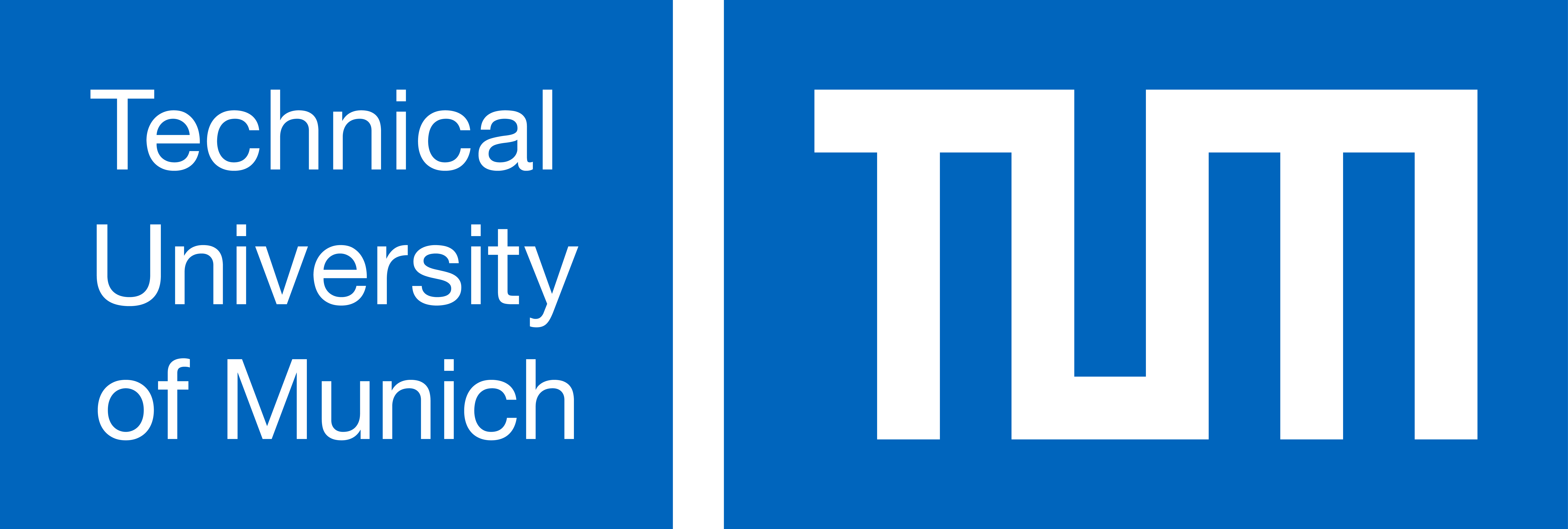About this course
Light impacts human health and well-being profoundly. Light-sensitive cells in the back of our eye signal to the brain during night or day, thereby synchronising our physiological rhythms to the environment. Notably, when we are exposed to light at the wrong time, this can have negative physical and mental health consequences. In recent years, the metrology of optical radiation has been overhauled to include these so-called "non-visual" effects of light. Rather than just quantifying (il)iluminance or colour, melanopic quantities have been introduced, which relate physical measurements of light to its effect on human physiology and behaviour. This course will introduce concepts for measuring and characterising light and lighting in the context of human health. Specifically, the focus will be on measurement geometries, photometry, colorimetry and the recent International Standard CIE S 026/E:2018. The course is suited for students from diverse backgrounds, including neuroscience, psychology, biology, engineering and light design/architecture. This practical course involves participating in the 1-week intensive summer school in Chexbres (27 July to 3 August 2024). The summer school will provide a combination of lectures and practical workshops on measuring light, colour and spectrum, with a specific focus on understanding the human response to light.
Learning outcomes
At the end of the module students are able to:
- to understand the relationship between light exposure and human health from a physiological and behavioural perspective
- to understand the difference between photometric, colorimetric, radiometric and spectral measurements of light for a human perspective
- to evaluate reports of light measurements in the literature
- to apply different light measurement and dosimetry techniques
- to apply newly gained knowledge and techniques in research applications.
Examination
Project work: Literature search and brainstorming for the project (before the summer school), Project protocol/plan, project development and oral presentation (during the summer school) and final report (after the summer school). During the 1-week practical course, students will be working on a specific project in the area of light measurement for human health (group work). This project can be empirical (collection of new data) or theoretical/computational (analysis of existing data). Project topics will be suggested prior to the summer school or developed by the group. Students will conduct a literature search prior to the school (10%), write a protocol/plan for the project (15%), present the work in an oral presentation supported by slides (25%) and individually prepare a written, fully referenced report (50%).
Course requirements
None
Resources
- Blume, C., Garbazza, C., & Spitschan, M. (2019). Effects of light on human circadian rhythms, sleep and mood. Somnologie (Berl), 23(3), 147-156. doi:10.1007/s11818-019-00215-x Brown, T. M., Brainard, G. C., Cajochen, C., Czeisler, C. A., Hanifin, J. P., Lockley, S. W., Lucas, R. J., Munch, M., O’Hagan, J. B., Peirson, S. N., Price, L. L. A., Roenneberg, T., Schlangen, L. J. M., Skene, D. J., Spitschan, M., Vetter, C., Zee, P. C., & Wright, K. P., Jr. (2022). Recommendations for daytime, evening, and nighttime indoor light exposure to best support physiology, sleep, and wakefulness in healthy adults. PloS Biol, 20(3), e3001571. Doi:10.1371/journal.pbio.3001571 Knoop, M., Broszio, K., Diakite, A., Liedtke, C., Niedling, M., Rothert, I., . . . Weber, N. (2019). Methods to describe and measure lighting conditions in experiments on non-image-forming aspects. Leukos, 15(2-3), 163-179. doi:10.1080/15502724.2018.1518716 Schlangen, L. J. M., & Price, L. L. A. (2021). The lighting environment, its metrology, and non-visual responses. Front Neurol, 12, 624861. doi:10.3389/fneur.2021.624861
Activities
Literature search, Lectures, practical demonstration, project work
Additional information
- More infoCoursepage on website of Technical University of Munich
- Contact a coordinator
- CreditsECTS 4
- Contact hours per week0
- InstructorsManuel Spitschan, Anna Magdalena Biller
- Mode of instructionHybrid
